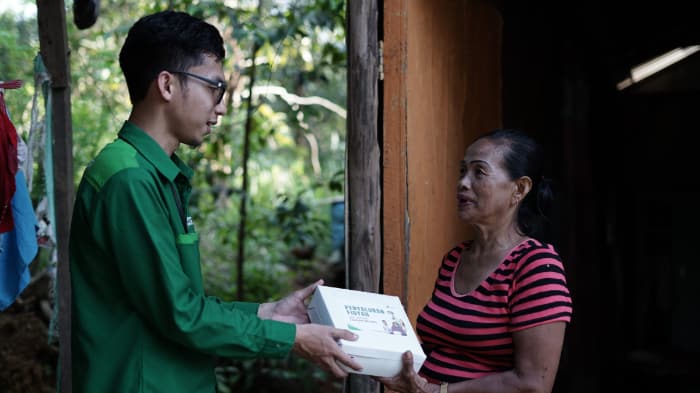BATAM, RIAU ISLANDS — The sun began to set, slowly moving away hiding behind the upstream. Under the garbage hills, irregular wooden houses stand not too upright, as if they are reluctant to stand for long. Seen from a distance, dozens of residents gathered at a praying room, the center of residents activity of Kabil Village, Nongsa, Batam.
This location is the Landfill of all waste generated from various parts of Batam. This landfill is not just a garbage dump, but a place to hold a lot of hope for the rupiah fighters.
Although they have to endure the scorching heat of the sun and the cold night air, plus the pungent odor among the towering mountains of garbage, they struggle to sort garbage ranging from plastic bottles, plastic cups, iron cans, to equipment items for personal use.
Also read: Membayar Fidyah dengan Uang, Berapa Rupiah Besarannya? Simak Ketentuannya
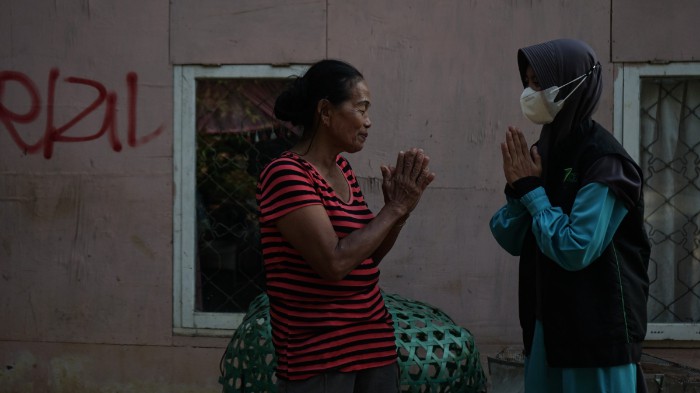
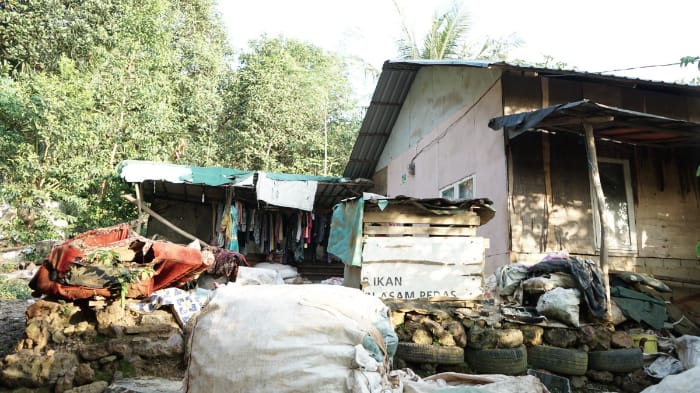
That afternoon, Monday (13/3/2023), the Riau Islands Dompet Dhuafa Team visited the houses of residents of Kabil Village. The purpose was to deliver the trust of the fidyah package paid by the society through Dompet Dhuafa.
One of the fidyah benefit recipients is Nurlia (70), she lives with her husband, Hainuddin (70), and one of her 12 children. Every day, she and her husband ‘swim’ in piles of garbage to earn rupiah coffers.
“Every day my husband and I are paid from collecting used bottles. We clean and then send them to a collection company,” explained the woman who was born in Bugis.
Also read: Ini Golongan Orang yang Boleh Bayar Fidyah untuk Mengganti Puasa Ramadan
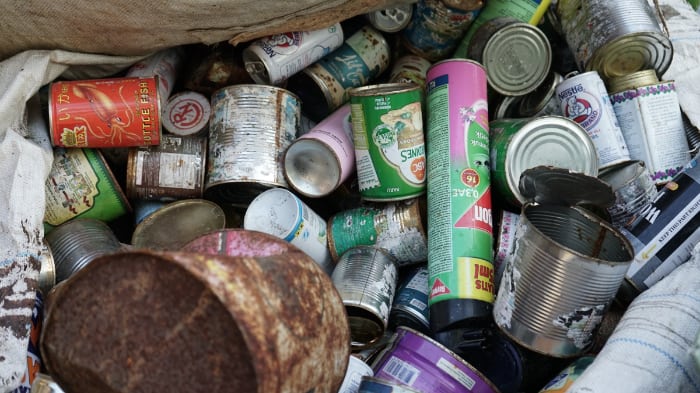
She shared that she had lived in this Landfill area since 2000. Previously, Nurlia met her husband in Malaysia when she was still a migrant worker there. Currently, there is one of her children who is still studying at Ponpes Mambaul Hidayah primary school.
A tragic incident once happened to her. The house she lived in before was on fire, so all the documents were also devoured by the fire.
“My house was completely burned down. This used to be the Singaporean who helped us build this,” she explained, pointing to the corners of her wooden house.
Also read: Pengertian Fidyah, Hukum, serta Ketentuannya Menurut Islam
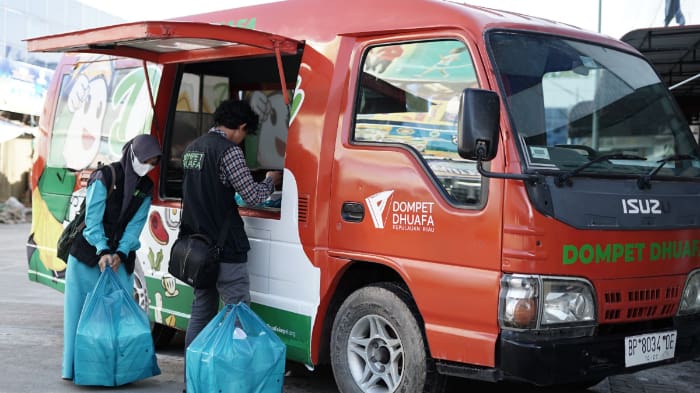
As a scavenger person, her income is uncertain. The results obtained correspond to the quantities of bottles / glasses that are collected. Seven times a week she had to go around the Landfill to work. Once a week she deposits the collected bottles to a collection company.
“Let’s say, we are paid, so sometimes we’re only given Rp200,000 (two hundred thousand rupiahs) or sometimes more. Sometimes, alhamdulillah, in one month I can get 2 million,” she said.
The thing that made her sad was, when she was sick along with her husband who was also sick. Meanwhile, she still needed income to pay for her children’s school fee.
“The sad thing is when I am sick, my husband is also sick, so who can earn the money for our kids’ school fees? Sometimes it’s even hard to just eat,” she continued sadly.
At that time, even though the husband was in a weak condition, he still had to continue to go out to work, because he had to pay for the school fees which amounted to Rp920,000 per month. While his other children also sometimes have not got the job salary yet. They also have needs for their own families and children.
Also read: Mana yang Utama, Menyalurkan Zakat Fitrah Langsung ke Mustahik Atau Lewat Amil?
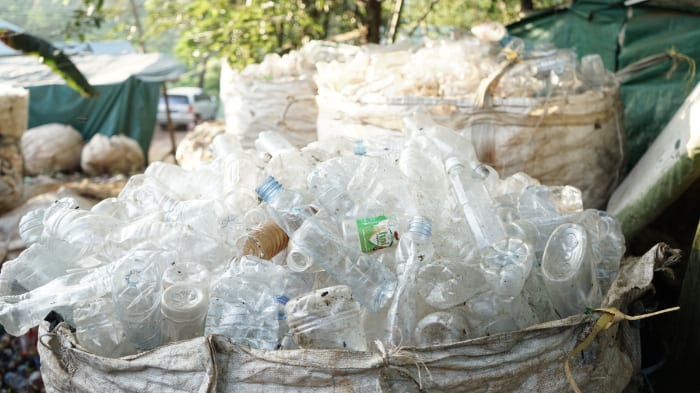
The children can grow up, can go to school, and can get married as the result of the mother and father scavenging for used goods in the Landfill.
The presence of Dompet Dhuafa at her residence is an encouragement for her and her husband. This action is a form of Muslims’ concern for their less fortunate brothers and sisters. All donors also entrust high hopes for the benefit recipients, so that one day they can get out of the shackles of poverty, so that their children and descendants can become muzaki (people who give zakat) groups, not mustahik (people who receive zakat) groups anymore.
“Thank you very much. Hopefully our fortunes will be expanded. I’m happy to have you all here. We must be good to people, so people will be good to us,” Nurlia concluded. (Dompet Dhuafa/Muthohar/Editor: Dhika)



